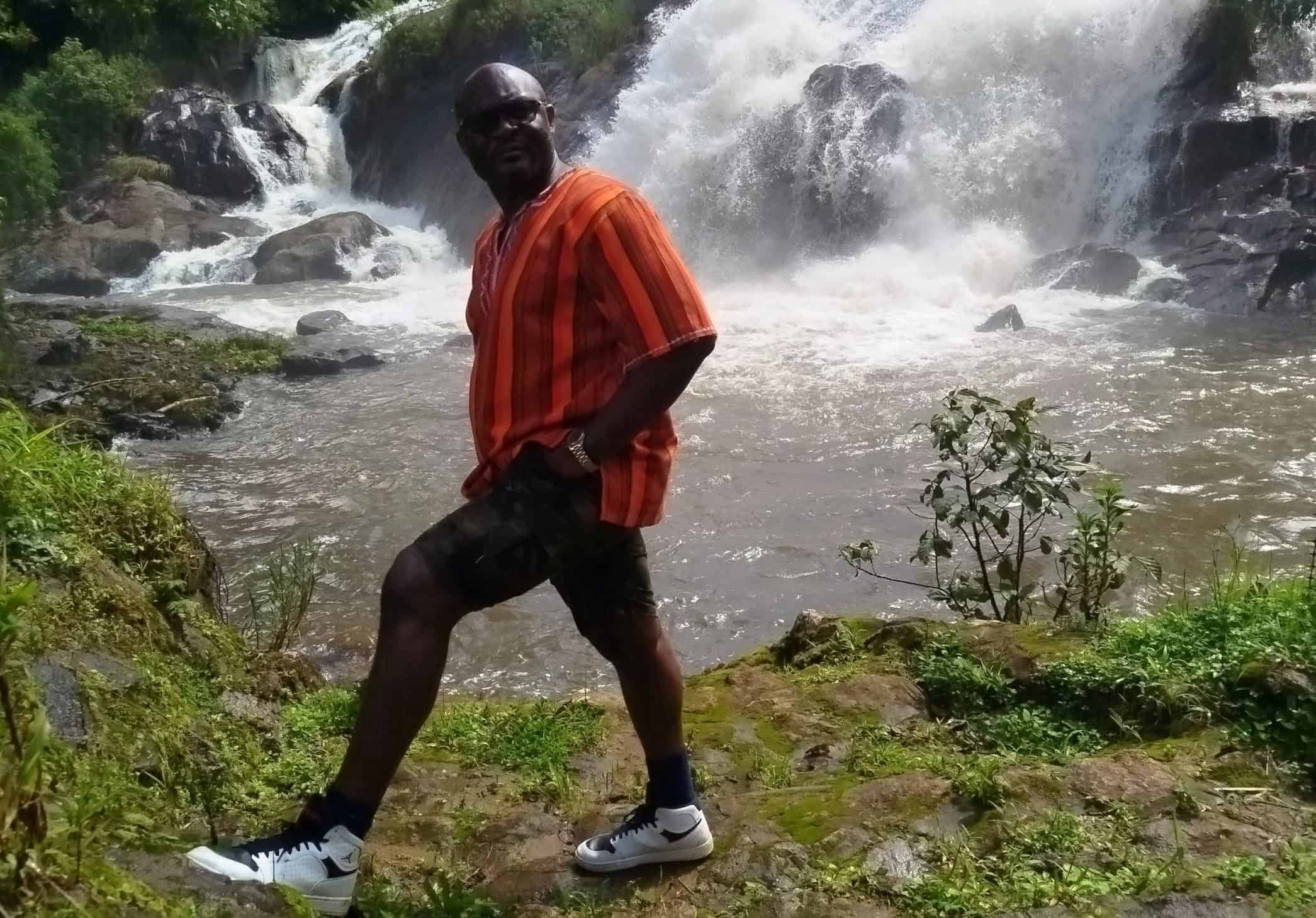
From Assumption to Intention: Teaching the Skill of Thinking in Global Health
Luchuo Engelbert Bain, MD, PhD.
Why We Must Teach How To Think in Global Health:
In global health, how we think matters as much as what we know. Yet thinking itself is rarely taught. In a field marked by complexity, political tensions, and inequality, reflexive and inclusive thinking must become a core skill—not an afterthought.
While systems thinking—which emphasizes interconnectedness and non-linear feedback loops—has become foundational in global health strategy and education, it remains insufficient on its own. Global health is a dynamic, complex system shaped by socio-political, ecological, and historical processes.
We therefore need a more expansive thinking toolkit. In addition to systems thinking:
- Critical thinking helps us interrogate evidence and challenge assumptions
- Creative thinking fuels innovation and helps design out-of-the-box solutions for persistent health inequities
- Reflective thinking enables professionals to question their work, their approaches, their past, and to change for the better of need be. This is even more important in questioning their positionality and the colonial legacies embedded in global health practice.
- Strategic thinking helps align global partnerships, funding flows, and interventions with real-world impact.
Teaching these forms of thinking—alongside systems thinking—should be embedded in curricula, mentorship, and decision-making spaces.
If we are serious about transforming global health, then we must treat thinking itself as a strategic act. Whether as individuals, institutions, leaders, or entire systems, we must carve out deliberate time to pause, question, connect, and reimagine.
In a field shaped by complexity and urgency, setting time aside to think is not a luxury—it is a leadership imperative. It is how we avoid shallow solutions, challenge inherited assumptions, and chart pathways toward equitable, lasting change. Global health needs more than action—it needs thoughtful, intentional thinking to guide it.
If we want better global health for everyone, we need to improve how we think—not just what we know. It teaches us to ask better questions, challenge our own assumptions, and really listen to others. We need to take time to pause, reflect, and think from different points of view. Thinking well helps us see the bigger picture—and that’s how real change begins.
Thinking clearly is not a given. It’s a skill—and like any skill, it must be taught.





